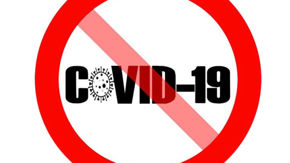//2 mins read
A study reveals that vitamin D supplementation helps lower blood pressure in obese older adults, but doses higher than the recommended 600 IU daily offer no extra benefits.
New research published in the Journal of the Endocrine Society suggests that vitamin D supplements may help lower blood pressure in older adults with obesity. However, taking doses higher than the Institute of Medicine’s (IOM) recommended 600 International Units (IU) per day does not appear to provide additional health benefits.
Impact of Vitamin D on Health Outcomes
Vitamin D deficiency is widespread globally and has been linked to increased risks of heart disease, immune disorders, infections, and some cancers. While prior studies have associated vitamin D deficiency with a higher likelihood of hypertension, the overall effect of vitamin D supplementation on blood pressure remains unclear.
“Our study found vitamin D supplementation may decrease blood pressure in specific subgroups such older people, people with obesity, and possibly those with low vitamin D levels,” said Ghada El-Hajj Fuleihan, M.D., M.P.H., F.R.C.P., of the American University of Beirut Medical Center in Beirut, Lebanon. “High vitamin D doses compared to the IOM’s recommended daily dose did not provide additional health benefits.”

Study Findings on Dosage Efficacy
The researchers studied 221 older people with obesity taking vitamin D supplements at either 600 IU/day or 3,750 IU/day over the course of a year and found supplementation decreased their blood pressure.
The researchers compared the two groups and found higher doses of vitamin D did not provide additional health benefits. They determined people with obesity and those with low vitamin D levels benefited the most.
Notes:
*These are the average daily recommended amounts according to the U.S. National Institutes of Health (NIH) Office of Dietary Supplements (ODS).











